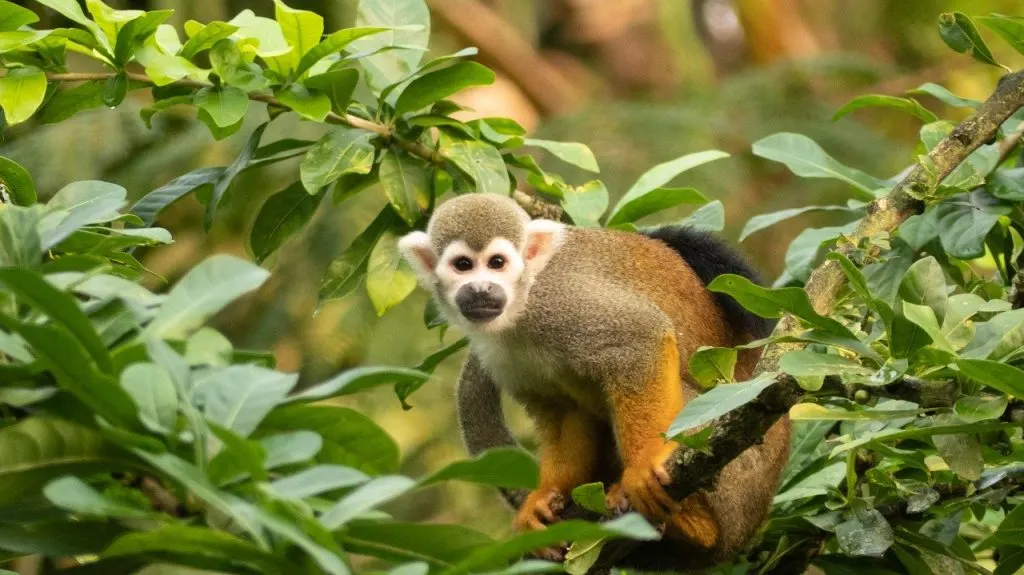Monkeys are fascinating creatures known for their intelligence, social behavior, and playful antics. The idea of having one as a pet can be enticing, especially when you come across an ad stating a price as low as $100. However, before you consider making such a purchase, it’s crucial to understand the broader implications, responsibilities, and potential consequences associated with owning a pet monkey.
Legal and Ethical Considerations
The first and foremost concern when buying a monkey is legality. In many places, keeping monkeys as pets is either restricted or outright illegal. This is often due to concerns about animal welfare, public safety, and the potential for these animals to transmit diseases. Laws vary significantly by region, so it’s essential to check your local regulations before pursuing a purchase.
Ethically, the exotic pet trade can have significant negative impacts. Many monkeys sold as pets are taken from their natural habitats, which can contribute to the decline of wild populations and disrupt ecosystems. Even if the monkey is bred in captivity, it’s crucial to ensure that the breeder adheres to ethical practices that prioritize the well-being of the animals.
Understanding the Costs
While the initial price tag of $100 might seem affordable, it is misleading. The cost of owning a monkey goes far beyond the purchase price. Monkeys require specialized care, including a proper diet, medical care, and a suitable living environment. Veterinary care for exotic animals can be expensive, and finding a qualified veterinarian may be challenging. Additionally, monkeys can live for several decades, meaning ongoing costs for their entire lifespan.
Care Requirements
They require a significant amount of social interaction, mental stimulation, and physical activity. A solitary monkey can become depressed or exhibit behavioral issues if not provided with adequate enrichment and companionship. Additionally, their dietary needs are specific and may require supplementation beyond what typical pet foods offer.
Their living environment must be spacious and secure to accommodate their natural behaviors. This often means having an enclosure that mimics their natural habitat, which can be costly and labor-intensive to maintain.
Behavioral Challenges
Monkeys can exhibit unpredictable and sometimes aggressive behavior, especially as they reach maturity. Unlike domesticated animals like dogs and cats, monkeys have not been selectively bred for thousands of years to coexist with humans. This means they can have complex and sometimes challenging behaviors that are difficult to manage.
Behavioral issues can arise from frustration, boredom, or even health problems. Monkeys may engage in destructive behaviors or become aggressive, posing risks to themselves, their owners, and others. Proper training and socialization are critical, but managing a monkey’s behavior can be demanding and require specialized knowledge.
Alternative Options
If you’re interested in primates but not prepared for the challenges of owning one as a pet, consider alternative ways to engage with these animals. Many wildlife sanctuaries and conservation organizations offer opportunities to support or volunteer with primate care. You can also participate in educational programs or adopt a monkey in a sanctuary, where you contribute to their well-being without taking on the responsibilities of pet ownership.
Conclusion
While the idea of buying a pet monkey for $100 may sound appealing, the reality is far more complex. The costs, legalities, and responsibilities involved in caring for a monkey are significant. Ensuring that you fully understand these aspects before making a decision is crucial to the well-being of both the animal and yourself. If you’re passionate about primates, exploring ethical and responsible ways to engage with them can be a fulfilling and impactful alternative.
